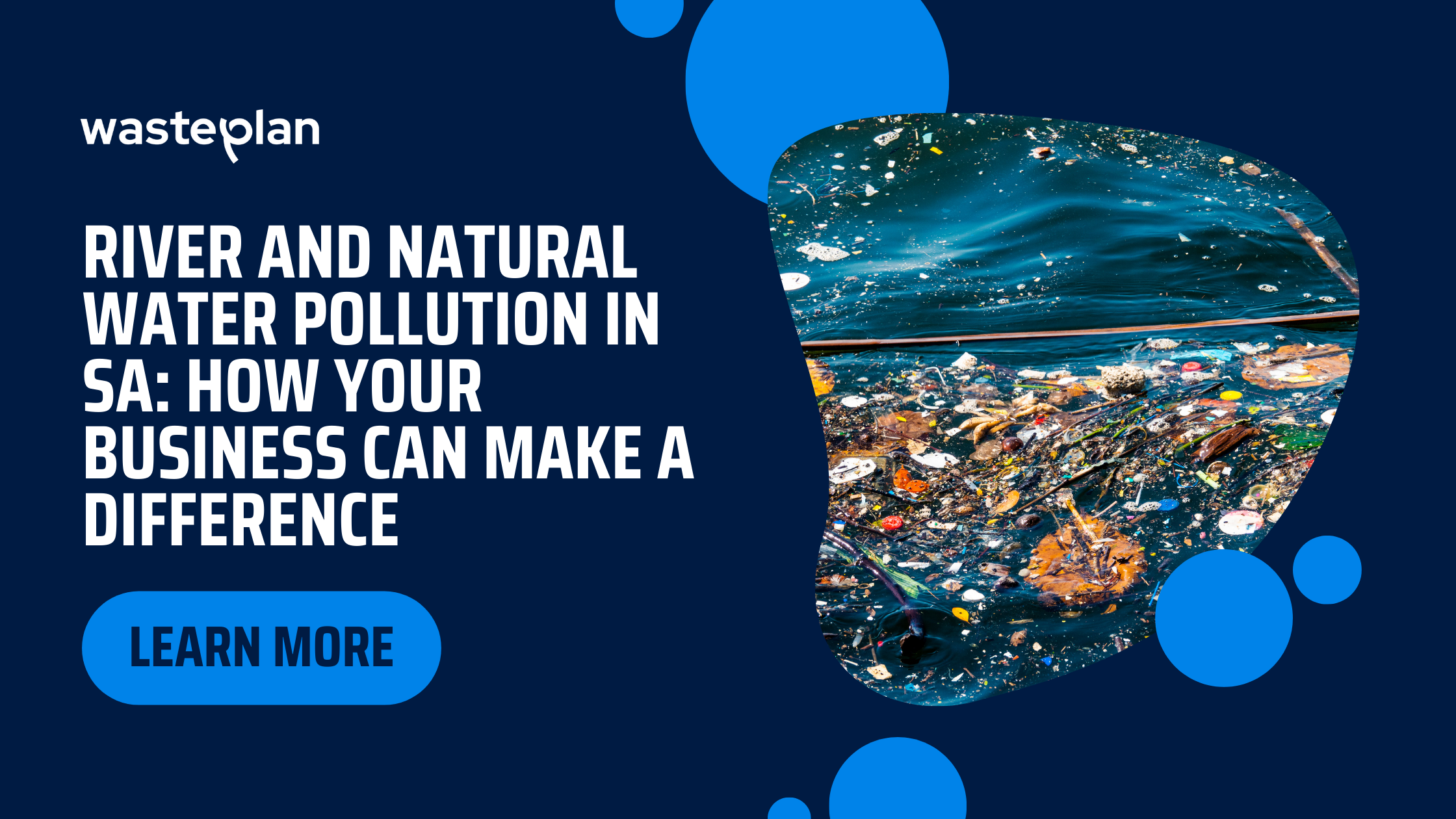22 March is World Water Day - an annual event around the world that highlights the importance of freshwater and our responsibility as a species to steward it well. It’s a day of sobering fact, where we stop to consider the current reality of pollution and water scarcity on our planet. But it’s also a day of action and inspiration, where we as businesses, public institutions, and individuals can choose to roll up our sleeves and make a tangible difference to our sustainable future.
South Africa: a crisis unfolding
It comes as no surprise to know, South Africa is a nation plagued by its ever-shrinking water supply. As it stands, South Africa is amongst the top 30 driest nations on the globe. Climate change gut-punched the nation in 2015, with the driest year on record. As of today, dam levels remain critically low, along with over a quarter of the country’s river ecosystems being critically endangered.
What’s more, our resources at a national level are failing dismally to keep up with the rate of our consumption. A 2014 Institute for Security Studies (ISS) study found the country was over-exploiting its resources at a national level and would continue to do so until 2035. In fact, South Africans have proven to be quite a wasteful bunch - consuming 235 litres per person daily compared to a global average of 173 litres.
But water shortage is only part of it. Water pollution is its own beast in South Africa. Treatment facilities are in need of intense upgrading; infrastructure is outdated. It’s debatable whether the current state of conditions can sustainably reach natural water standards - a standard that continues to rise with populations and demands.
With increasing urbanisation and deforestation, rivers and estuaries suffer the blow from industrial, sewerage, and urban runoff. And for decades, mining has taken its toll on South African waterways, both by way of overconsumption during production and polluted runoff.
Minding the green economy gap
World Water Day 2020 is about water and climate change – and how the two are inextricably linked. This is an important message as the stakes are high when we consider the projected future of South Africa’s most precious resource. So we cannot afford to wait. As the saying goes on World Water Day, “Climate delay is almost as dangerous as climate denial”.
Fighting climate change should be a focus for everyone but as a business, it’ll unlock vast financial opportunities and crack open new market gaps in the economy. Water constraints can inspire new green economy solutions for the future. All the more, environmentally sustainable businesses will see the bottom-line benefit to circular economy investments. With emergent technologies available to market, businesses can discover sustainable ways to operate in an increasingly uncertain future.
Leave no bottle (or tap) unturned
More than anything, both as individuals and business we can combat SA’s water crisis by simply using less of it and ensuring we are disposing of our waste responsibly. There are also several ways that your business can save water. Whether it be within your production systems or your bathroom sinks, there are innovative ways to cut down on your water consumption. And no act is too small - no savings is insignificant.
Envision your team, and commit to a strategy that will reap practical rewards, shave consumption, and keep our rivers clean. Remind your people often about the big impact of small acts when it comes to water conservation. Revisit your manufacturing and production systems; see where water is unnecessarily wasted and look at your waste removal practices. Make the changes that will bring multiple benefits down the line.
And lastly, on March 22, get involved - both personally and as a business. How you decide to honour this important issue is entirely up to you. But don’t miss out on an opportunity to stand with WastePlan and others around the world to fight the growing water crisis. Water World Day is not an annual event - it’s an issue that deserves our daily concern.
Take the first step in helping keep our rivers and natural water clean, take our waste gap analysis today.





